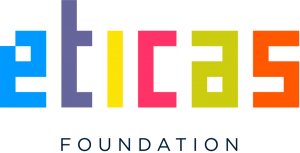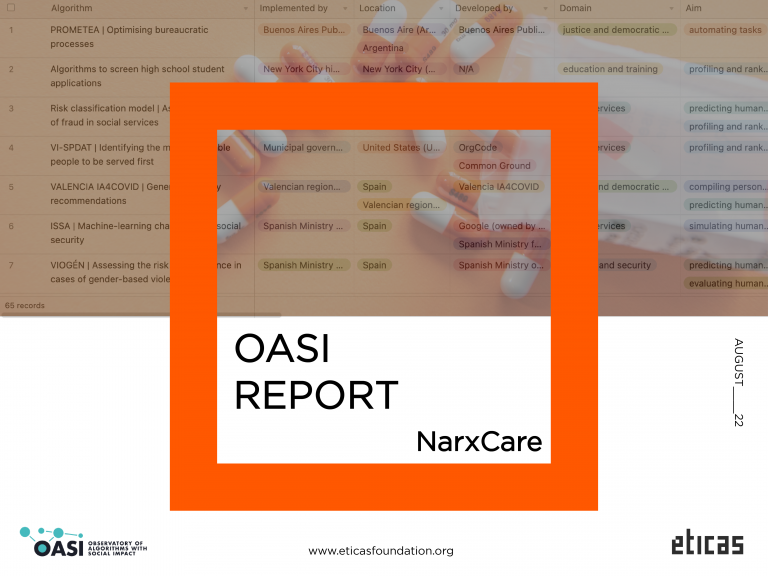
SISBEN is a composite welfare index used by the Colombian government to target groups for social programs. The program utilizes survey and financial data to categorize households across levels of need in order to allocate welfare services and government subsidies efficiently and fairly. While SISBEN searches for society’s most vulnerable in an attempt to achieve redistributive goals, there have been reports of discrimination and exclusion as a result of the program (Candelo, Gaviria, Polanía and Sethi, 2010). The constitutional court in Colombia has heard various cases “where individuals who have been classified erroneously argue that their rights and the principle of equality have been violated in their classification into the SISBEN indexing system” (ibid). Scholars have encountered statistical support demonstrating the system’s production of both false positives (households that should not be included but are receiving subsidies) and false negatives (households that are in need but are excluded) as well that it discriminates against persons displaced by violence, of low-educational levels, and the elderly . Other authors also argue the system disproportionately denies minorities crucial access to subsidized health programs (ibid).






